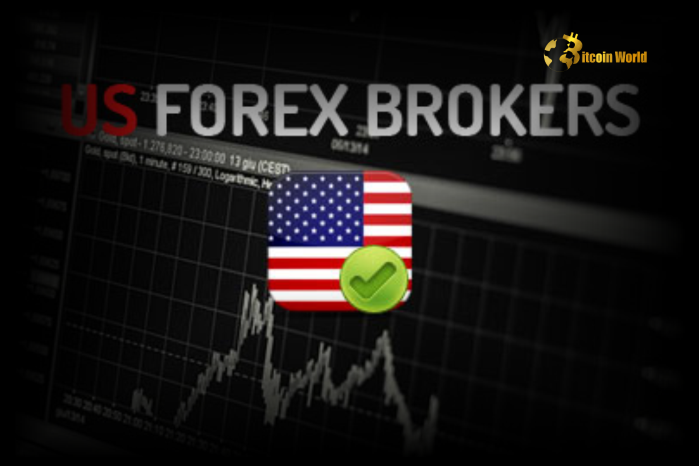Best Forex Brokers for Traders in the US
Best Forex Brokers for Traders in the US
Blog Article
Why Forex is Gaining Popularity in America
Foreign exchange, or Forex trading, brings an incredible number of participants in the United States every year. Its absolute size and liquidity allow it to be one of the very attractive areas globally. However, forex in america. has a unique and rigid method of regulating Forex activities. If you are seeking to deal currencies or simply just want to understand how appropriate frameworks form the Forex industry, knowledge these regulations is crucial.

Essential Legal Frameworks Surrounding Forex in the US
Forex regulation in the United Claims is distinguishable due to its thorough chance controls and client protections. Two major government bodies oversee most Forex actions:
• Product Futures Trading Commission (CFTC)
• National Futures Association (NFA)
The CFTC, produced in 1974, is assigned with regulating the futures and alternatives markets, international change included. The NFA, as a self-regulatory organization, operates directly with the CFTC to enforce principles and keep equity in trading practices.
Registration and Conformity
Every Forex vendor or broker employing U.S. citizens must register with both the CFTC and NFA. These entities are also needed to stick to rigorous working requirements, including:
• Minimum net money requirements (often higher than in different countries)
• Constant audits
• Strong anti-money laundering (AML) procedures
• Clear chance disclosure
Violations can result in big fines or a permanent bar from the market. This regulatory structure aims to prevent fraud, protect investors, and improve market integrity.
Key Constraints on Forex Activities
Foundational protections impact how Forex runs in the U.S.:
• Influence limits: The NFA models a optimum control of 50:1 for important currency sets and 20:1 for minors. That is far below many world wide markets, helping defend new traders from substantial losses.
• Segregation of resources: U.S. legislation involves that customer resources are kept split up from broker operational funds. This calculate safeguards traders in the case a broker becomes insolvent.
• Advertising and disclosure: Firms should clearly describe risks, fees, and trading systems to clients. Unreliable or hostile solicitation techniques face rigid penalties.
Enforcement and Penalties
U.S. agencies regularly check for fraudulent systems, insider trading, and illicit market manipulation. Mathematical information from enforcement studies shows a steady pattern of penalties and settlements recently, highlighting continuing vigilance. That setting, while stricter than many elements of the planet, produces a safer playing field for retail and institutional traders alike.
Things to Consider as a US Forex Trader
New trends reveal an ongoing rise in regulatory measures, an emphasis on customer education, and constant upgrades to conformity requirements. If you plan to deal Forex in the U.S., it's necessary to:
• Verify a broker's active subscription status
• Stay up-to-date with regulatory improvements
• Review chance disclosures before generally making trades
This method minimizes unforeseen losses and enhances your prospects in a firmly governed but robust marketplace. By understanding legal regulations, U.S. traders can confidently take part in the Forex industry while remaining within the variables of the law.
Report this page